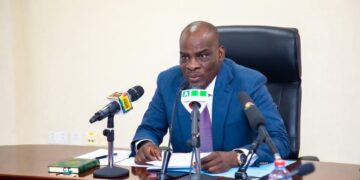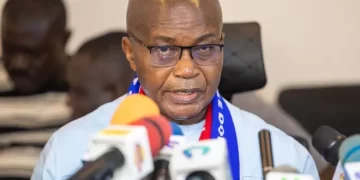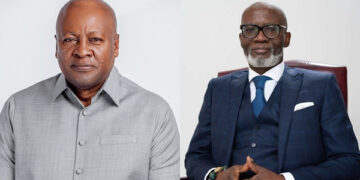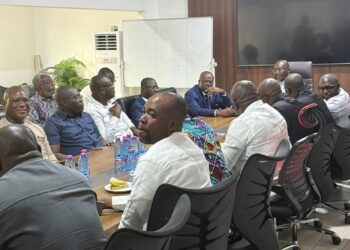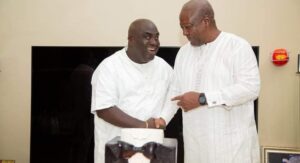 Ghana’s political landscape is buzzing with a quiet hum of approval following President John
Ghana’s political landscape is buzzing with a quiet hum of approval following President John
Mahama’s rapid and seemingly seamless appointment of his new government.
Unlike previous transitions often marked by protracted negotiations and public debate, this round of appointments has been characterised by remarkable speed and, surprisingly, a near-total absence of significant public criticism. This swift and silent approach has garnered widespread praise, painting a picture of efficiency and considered choice that is resonating positively across the nation.
The speed with which President Mahama is filling key ministerial and governmental positions is noteworthy. In a country where political appointments can often be a drawn-out process, susceptible to internal party wrangling and external pressures, this efficiency is commendable. It suggests a well-defined strategy and a streamlined process, minimising the potential for delay and allowing the government to hit the ground running. This prompt action reflects a determination to address the pressing issues facing the nation without unnecessary bureaucratic hurdles.
Furthermore, the lack of substantial public criticism surrounding these appointments speaks volumes about their perceived quality.
While any significant political decision inevitably attracts some dissenting voices, the overwhelmingly positive response indicates a widespread sense of confidence in President Mahama’s selections.
This suggests a meticulous selection process, prioritising competence, experience, and a demonstrated commitment to national service.
The absence of the usual cacophony of objections and accusations of cronyism or unqualified appointees is a significant departure from previous governmental transitions. It suggests a higher degree of transparency and a carefully considered approach to building a capable and effective team.
Several factors could contribute to this positive reception. Firstly, President Mahama’s experience and established political standing likely play a crucial role. His previous tenure provides Ghanaians with a basis for assessing his judgment and anticipating a focus on results. His reputation, built over years in public service, appears to lend considerable credibility to his choices. The public seemingly trusts his ability to select individuals capable of effectively managing their respective portfolios.
Secondly, the chosen appointees themselves may reflect a calculated strategy to appease diverse interests and build a broad-based
coalition of support. The overall positive response suggests a careful balancing act, potentially incorporating individuals from various regions, ethnic groups, and professional backgrounds. This approach could contribute to a sense of national unity and shared purpose, further fueling the positive public reaction.
Finally, the overall political climate may be contributing to the muted response. The absence of significant opposition to the appointments could indicate a period of national unity and a willingness to support the new government in its efforts to address pressing challenges. A more collaborative spirit across the political spectrum could lead to scrutiny of individual appointments, priori the overarching goal of national progress.
In conclusion, the swift and largely uncontested appointment of President Mahama’s new government represents a significant event in Ghana’s political landscape.
The speed and the absence of major public criticism suggest a well-executed strategy, highlighting competent selections and potentially reflecting a broader national consensus. This positive reception could signal a period of productive governance and offers a valuable lesson in the importance of efficient and inclusive processes in the formation of a new government. The quiet approval speaks volumes, offering a hopeful glimpse into a potentially successful administration.
Anthony Obeng Afrane



